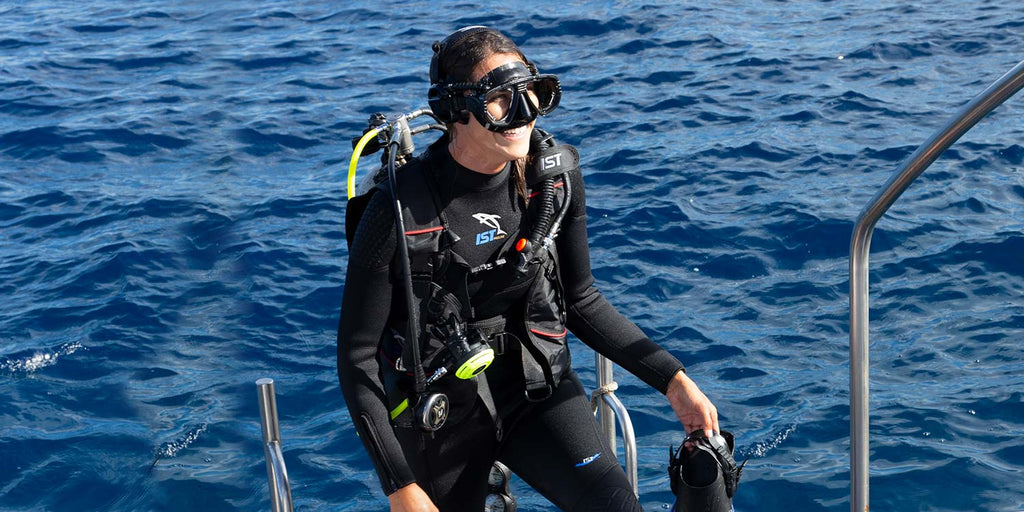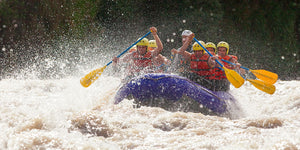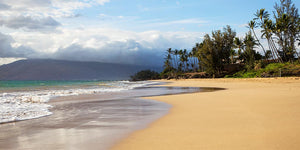What to Know Before You Take Scuba Diving Lessons

Congratulations! You’ve decided to learn to scuba dive. Getting your scuba certification is an excellent opportunity — it opens up whole new worlds that you didn’t even know existed and gets you in touch with nature in a whole new way. We know that signing up for courses can be extremely daunting, so we’ve compiled a list of bite-sized curriculum to prepare you before you take the plunge.
You’ll start out topside. If being out in the ocean with a bunch of strange equipment stresses you out, there’s no need to worry. Like any good class, you’ll start out with some good old textbook learning. Some common topics to expect include: how to plan a dive, how to choose scuba gear and underwater hand signals.
Baby steps. After you’ve gotten the hang of the book smarts, they’ll start out slow. Before you go into an open-water environment (read: the ocean), you’ll practice using the equipment in a pool or other confined body of water, like a mellow bay or lake. Only after that will you move on to open water.
Practice at your own pace. While this may seem strange compared to other classes you’ve taken, which usually have a pre-planned schedule, taking a dive course usually depends on how quickly you progress and feel comfortable. If scuba diving comes naturally, you could complete all three phases of the course in just a few days. If it takes you a little longer to warm up (which is completely normal), it could take longer.
You’ll be learning from an expert. Unlike other watersports, like surfing or kayaking, scuba instructors need a special certification to be able to teach a class. This means that no matter which dive shop you go to, you can expect a scuba diver who is not only a very experienced diver, but also a well-trained teacher.
You might need to bring in your own gear. This really depends on the dive shop. Some classes will include everything you need, others might require you to bring in the basics — a mask, snorkel and fins — and still others will ask you to rent all of your equipment. You can expect that this information will be included in course descriptions, but if it’s not, be sure to ask.
You can bring the kids. That is, if they’re over 10 years old. Students under the age of 15 can receive a Junior Certification, which can be upgraded to a standard certification when they turn 15. So if you’re interested in getting certified as a whole family, it’s totally possible.
Expect to fill out a medical questionnaire. This is totally normal, but be aware that if you have had certain medical procedures or suffer from certain conditions, such as back problems, diabetes or a previous heart attack, you will likely be required to get a written note from your doctor before you can participate in the course. You can take a look at the medical questionnaire here.
Scuba diving is an incredible experience, and totally worth the time and money it takes to learn how. While some of this information can seem a little overwhelming, you can trust that you’re learning from an expert who is preparing you for an adventure that’s unlike any other.
- Watersports Staff






Comments 0